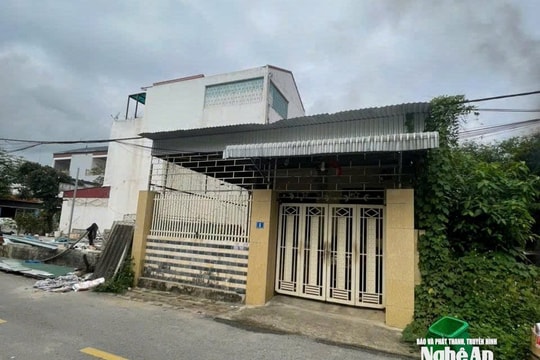Public debt and state budget deficit will gradually decrease from 2016-2020
The Prime Minister assessed that public debt and state budget deficit will gradually decrease when state budget revenue and expenditure are restructured and no need for large unexpected spending arises.
In a written response to the question of National Assembly Delegate Truong Trong Nghia (Ho Chi Minh City Delegation) on the possibility of reducing public debt as well as the State Budget deficit in the period 2016 - 2020, the Prime Minister said that as of December 31, 2015, Vietnam's public debt is expected to be about 61.3% of GDP, Government debt about 48.9% of GDP and the country's foreign debt about 41.5% of GDP. These debts are all within the prescribed scope.
The Prime Minister stated that, based on forecasts of the domestic and international situation, it is expected that state budget revenue in the coming time will not increase dramatically, while the need for state budget expenditure must increase significantly to pay off debts due, invest in infrastructure, ensure national defense and security in the new situation and continue to effectively implement social security policies, so the state budget balance must continue to have a reasonable deficit for development investment.
On that basis, the Government estimates the average state budget deficit for the 2016-2020 period, calculated according to the current State Budget Law, to be about 4.9% of GDP; at the same time, it sets a target of public debt not exceeding 65% of GDP, government debt not exceeding 55% of GDP, and the country's foreign debt not exceeding 50% of GDP.
 |
| The Government will strictly control basic construction debts of ministries, central and local agencies to minimize debt generation. |
The Prime Minister said that in order to achieve the orientation on public debt and state budget deficit in the period of 2016 - 2020, it is necessary to synchronously implement groups of solutions, in which the most important is to focus on removing difficulties for production and business, promoting economic development at a higher level than the recent period, creating conditions to increase revenue, reducing pressure on state budget expenditure on social security. At the same time, it is necessary to restructure public debt; adjust revenue policies; restructure budget expenditures.
Accordingly, to restructure public debt, the Government will organize a review and re-evaluation of the Public Debt Strategy to 2020, with a vision to 2030, as well as the Law on Public Debt Management, on that basis, it will propose to the National Assembly for amendments and supplements in the coming time; Promote the mobilization of medium and long-term loans, effectively implement management and risk handling operations for the public debt portfolio; prioritize debt repayment arrangements.
In addition, the Government needs to improve the efficiency of using Government loans, gradually reduce the limit of granting Government guarantees; review and eliminate ineffective projects; strictly control Government guarantees, debts of local authorities, basic construction debts of ministries, central and local agencies; manage to improve the efficiency of using loans for re-lending, to minimize the occurrence of contingent debt obligations of the Government.
The Government also strengthens the development of the domestic capital market in both breadth and depth to diversify issuance terms, focusing on issuing long-term government bonds of 5 years or more.
To reduce the state budget deficit in this period, the Government needs to implement a group of solutions, including continuing to amend and supplement the state budget revenue policy, especially domestic revenue, to ensure mobilization at a level appropriate to the country's development, creating conditions to improve the business environment, while minimizing the impact of revenue reduction due to tariff cuts for international integration and reduced revenue from crude oil.
Continue restructuring the State budget, striving to reduce the proportion of regular expenditure to about 58% by 2020 (a decrease of about 9-10% compared to the proportion of the 2015 budget estimate), increase the proportion of development investment expenditure in total State budget expenditure to about 19-20%, at the same time strongly promote forms of investment outside the State budget to increase social investment resources; increase debt repayment, reduce the number of loans to roll over debt. Thoroughly save regular expenditure, strictly implement the policy of streamlining the payroll; promote strong reform of the public service sector combined with socialization and equitization of a number of eligible public service units to improve expenditure efficiency, reduce pressure on expenditure allocation from the State budget.
The Prime Minister said that with the expected average economic growth in the 2016-2020 period reaching 6.5-7%, inflation not exceeding 5%, combined with restructuring of state budget revenue and expenditure and no need for large unexpected expenditures, it is forecasted that public debt and state budget deficit in the 2016-2020 period will gradually decrease to a level that ensures national financial security./.
According to VOV
| RELATED NEWS |
|---|







.jpg)
